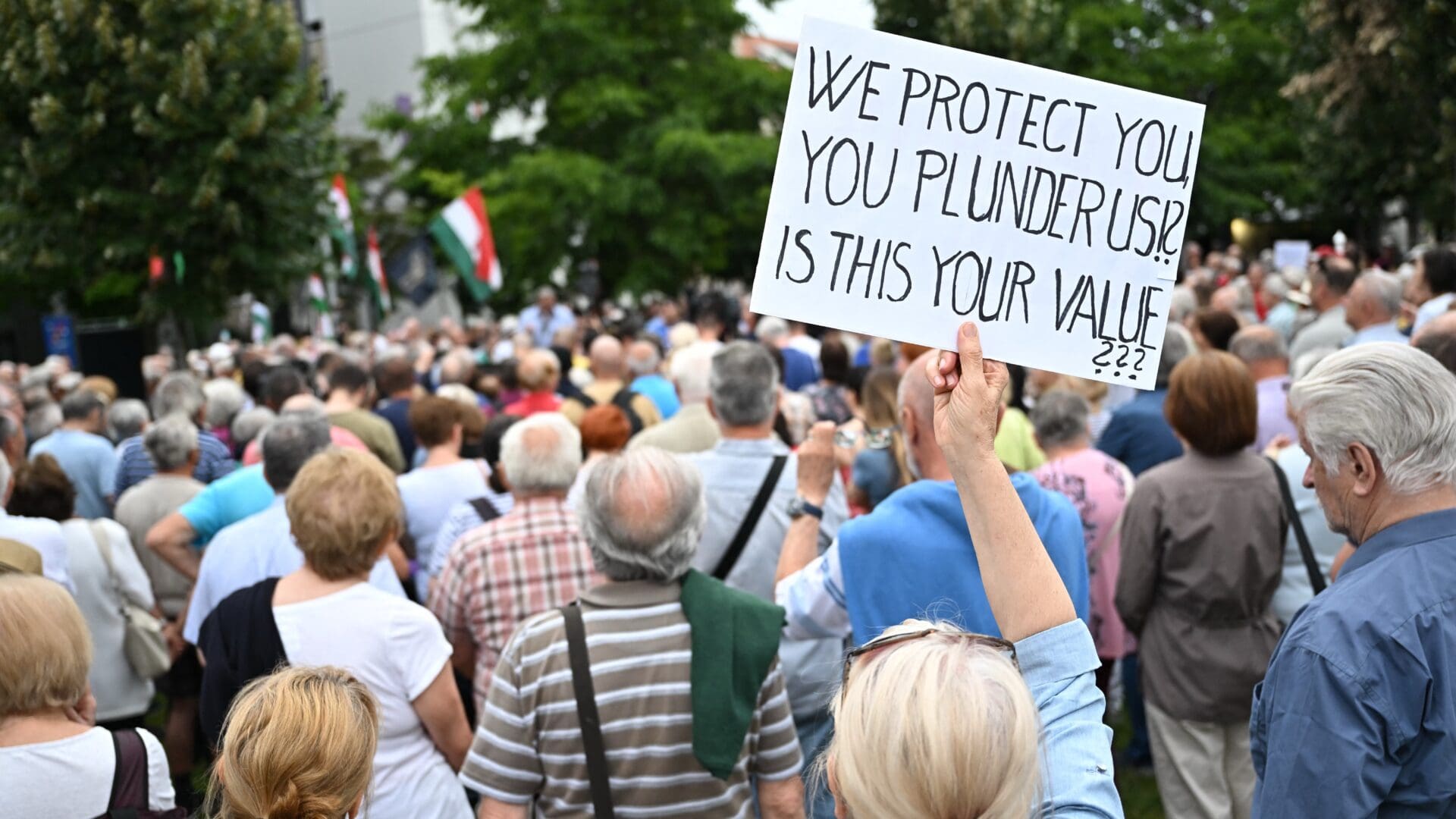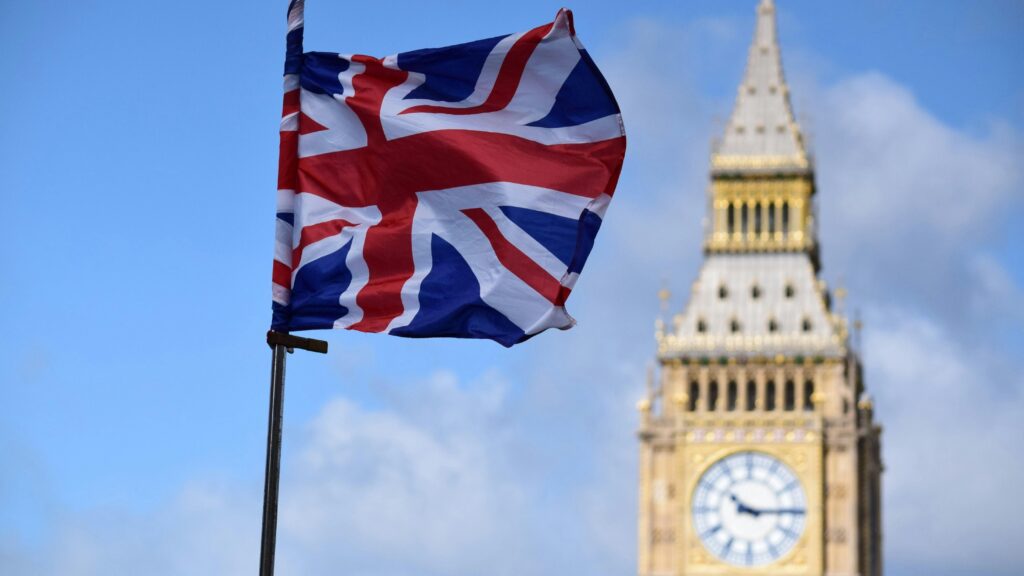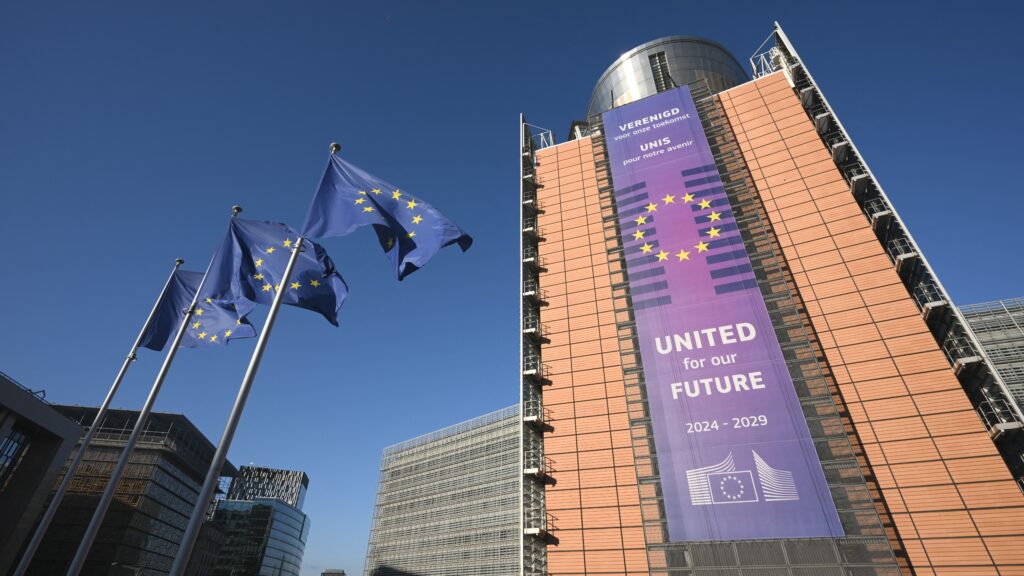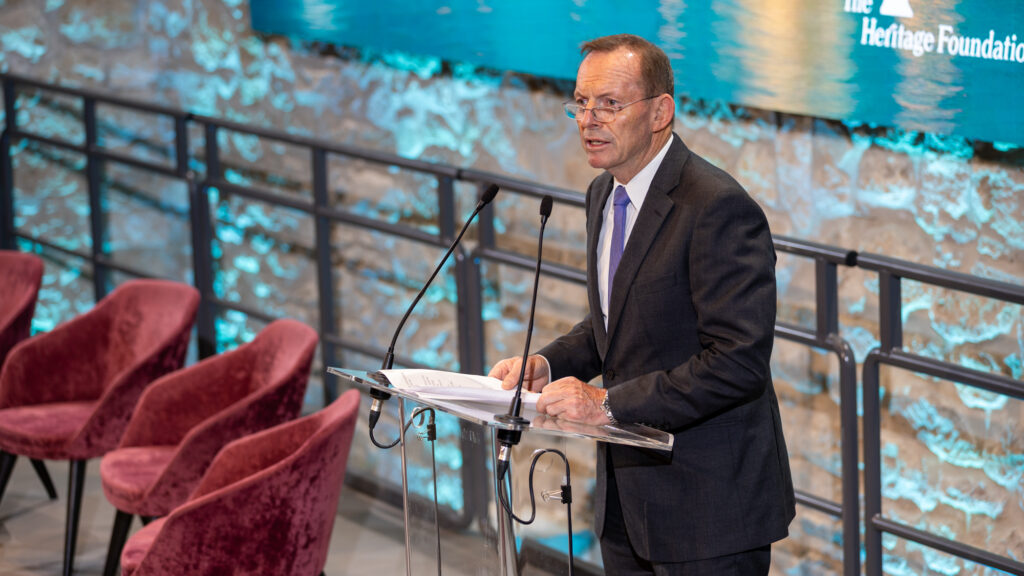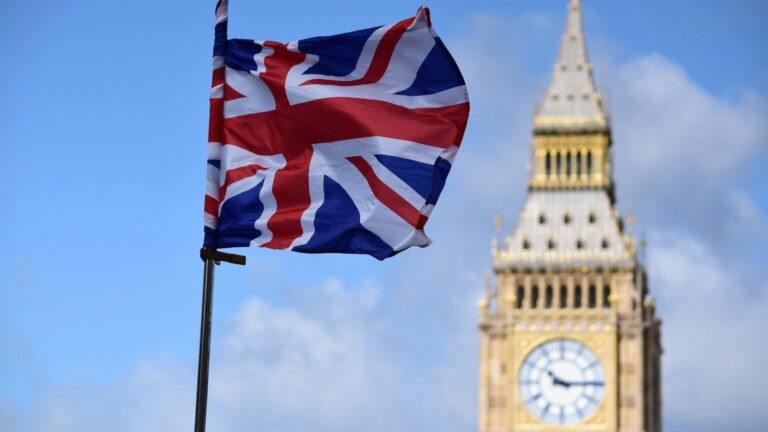Hungary has to pay the astonishing sum of €200 million, with an additional €1 million a day for failing to comply with EU asylum policies, according to a court ruling on 13 June by the European Court of Justice (ECJ). Hungarian Prime Minister Viktor Orbán called the politically motivated verdict ‘outrageous and unacceptable’.
While the decision does not come as a complete surprise from Brussels, the historian is nonetheless appalled by the audacity and short-sightedness of this judgment. The fascinating thing is that Hungary is being condemned for a move that ultimately protects the very classical liberal values that Brussels should—in theory—embrace. What do I mean?
Of course, no one is saying that all immigration is disadvantageous. Immigration can bring economic benefits, make up for declining demographics and provide valuable human resources for the countries of Eastern Europe with declining population. All this is true— if things go well.
But mass immigration has always had its drawbacks.
They are well known from history: immigrants fight with the ‘natives’ for housing, resources, employment, push down wages in unskilled jobs, and, because they are at the bottom of the social ladder, tend to increase social tensions and petty crime.
Add to this one of the main problems of our time in Europe: the political tensions generated by mass migration. A very significant proportion of Western immigration comes from Muslim and Arab countries. With these immigrants, the influence of radical Islam on our continent inevitably increases. This has a negative impact on the freedom of expression, children’s rights, women’s rights, the security of the Jewish community, the security of various sexual and gender minorities, and security in general. Mass migration also inevitably brings terrorists and their sympathizers to our continent.
For almost ten years, Hungary has consistently drawn attention to the
slow but steady erosion of the security situation in Europe,
which is directly linked to mass migration. Prime Minister Viktor Orbán was crystal clear in his speech on 15 March 2016: ‘We shall not import to Hungary crime, terrorism, homophobia and synagogue-burning antisemitism.’ Despite this, the European Union seems to be going full steam ahead in pushing a form of mass immigration that directly undermines our European values.
Look at one of the EU’s chief laboratories, the Netherlands. The Dutch may be ‘bad people’, having recently ‘voted the wrong way’, but that doesn’t change the fact that they have been exemplary students in the school of open society for the past decades. The country has a population of 18 million people, of which 74 per cent are Dutch. 58 per cent are nonreligious, 30 per cent are Christian, and (officially) 6 per cent are Muslim. Nevertheless, Islamic extremists are responsible for the growing number of antisemitic atrocities and, according to some studies, they are largely to blame for homophobic atrocities as well.
A recent piece of news from the Netherlands, as reported by POLITICO: ‘Court convicts 6 over Dutch crime reporter’s murder’. Earlier in June, a Dutch court convicted and sentenced six men in connection with the murder of the well-known crime reporter Peter R de Vries, who was fatally shot in downtown Amsterdam about three years ago. His crime: he covered the trial of an infamous Moroccan drug mafia leader. The henchman of said clan leader have already murdered the attorney and the brother of the crown witness in said trial.
It all sounds like a story that could come from Colombia in the 1980s and 1990s. No: this is Amsterdam today. Perhaps with the arrest and sentencing of said drug lord, peace has come to the Netherlands? Hardly: ‘Nearly 500 explosive attacks so far this year; Police, mayors plea for help’, reads another recent headline.
Is it any surprise that the recent Dutch national elections were won by Geert Wilders’ Freedom Party? Is it surprising that the Dutch are fed up with uncontrolled—and, frankly, uncontrollable—immigration? Who would want to live in a country where there are about three bomb attacks every day? Who would want to run a business or open a shop in such a country? Make no mistake: this is the future from which Orbán is trying to save Hungary.
And Hungary is now being punished for its survival instinct.
‘Is the Netherlands becoming a narco-state?’ asked the BBC’s Hague reporter Anna Holligan at the end of 2019. The Dutch population seems to have made up its mind. According to the article, 59 per cent of Dutch people believe that the Netherlands is a narco-state, that is: a state whose economy depends on the illegal drug trade. And this was before some of the most horrible developments, described above.
But it is Hungary that the EU is fighting against, not the gradual takeover of a Western European country by Moroccan drug gangs. Fines are being imposed: not on those working against Europe, but on those trying to save it.
In the Book of Job, we can read: ‘How long before I get up? The night drags on, and I toss and turn until dawn’ (Job 7:4). Indeed, the night drags on. How long until dawn?
Related articles:

